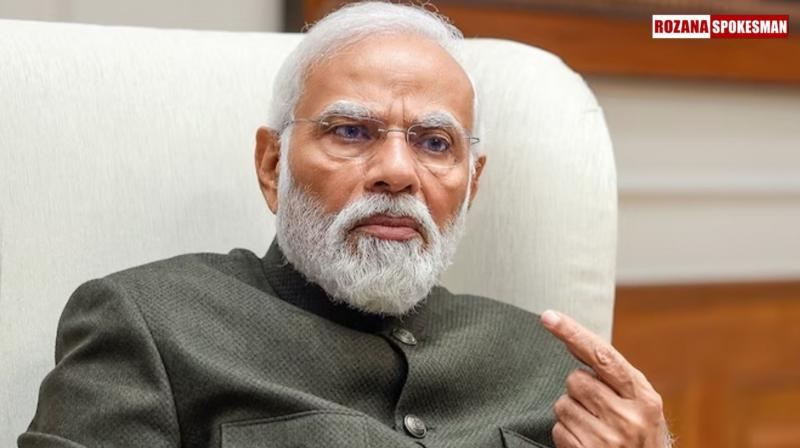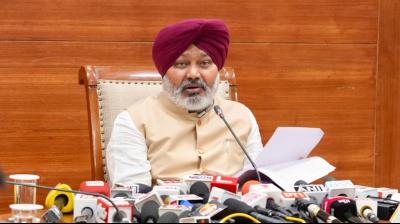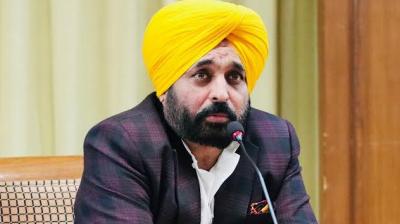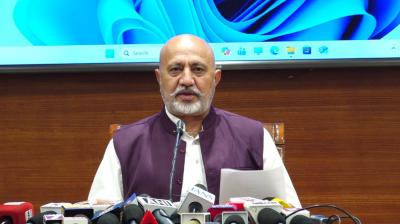
It was on December 11, 2019, when Rajya Sabha passed the controversial Citizenship (Amendment) Act.
CAA law, Citizenship Amendment Act, Notification News: Prime Minister Narendra Modi on Monday addressed the nation and issued a notification related to the Citizenship Amendment Act.
It was on December 11, 2019, when Rajya Sabha passed the controversial Citizenship (Amendment) Act with as many as 125 votes in favour of it and 99 against it.
On December 9, 2019, the CAB Bill was tabled and passed in the Lok Sabha during the Parliament's Winter Session. The then President Ram Nath Kovind had signed the same on December 12.
What is the Citizenship (Amendment) Bill, 2019
The Citizenship (Amendment) Bill, 2019 seeks to fast-track the citizenship for persecuted minority groups in Pakistan, Bangladesh, and Afghanistan. The six minority groups specifically identified are Hindus, Jains, Sikhs, Buddhists, Christians and Parsis. It aims to change the definition of illegal migrants. However, it doesn’t have a provision for Muslim sections like Shias and Ahmedis who also face persecution in Pakistan.
The beneficiaries of the Citizenship Amendment Bill can reside in any state of the country while the burden of those persecuted migrants will be shared by the whole country.
Currently, the Constitution of India provides for citizenship by naturalisation – for those who have lived in India for the past 12 months and 11 of the past 14 years. Besides, it also provides for people whose parents or grandparents were born in India to become Indian citizens.
Who are illegal immigrants from an Indian perspective?
As per the Citizenship Act, of 1955, an illegal immigrant is the one who enters the country with fake or forged documents and/or does not have a valid passport. Anyone who stays beyond the visa permit is also referred to as an illegal immigrant.














